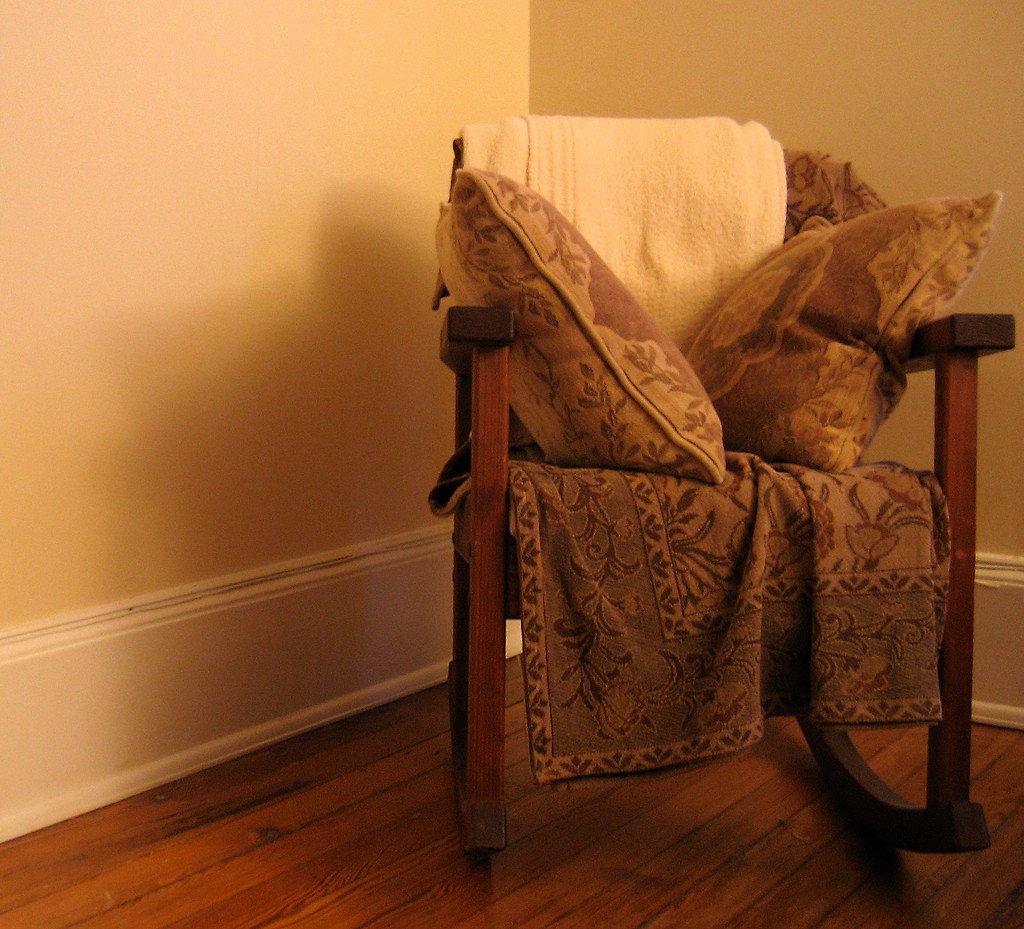More on Family, Caretaking, and Supplementary Health Insurance

In the past two days I’ve shared posts on supplementary health insurance and family, caretaking, and the economy.
The Washington Post has a new story that tries to tie these two ideas together—but discovers the frayed ends don’t quite meet.
I needed to find care for my elderly aunt. What I found was an eldercare crisis.
When writer A.K. Whitney’s great-aunt Emma falls and breaks her arm, they turn towards Emma’s multiple insurance policies for help and come up short:
But because she hadn’t required surgery, insurance wouldn’t cover the astronomical costs of a rehab center. Nor would the long-term care insurance she’d been paying steep premiums to for years (unlike me, Emma has never been in denial of her frailty, taking care of everything from living wills to DNRs to funeral arrangements) kick in for at least three months. The doctor told us it would only take six weeks (barring re-injury) before she was out of the sling.
I don’t have access to Emma’s long-term care insurance policy, but if I read that paragraph correctly, it looks like people who need long-term care are on their own for at least three months, right? I pulled up a long-term care insurance brochure from Premera to see what they offered, and found this:
You even have choices about how long you will need to wait to start receiving monthly cash benefits: Choose the number of Calendar Days in your Elimination Period — 30, 60, 90, 180, or 365 days.
Then I compared it to a long-term insurance brochure from MetLife:
Typically, you become eligible when you are unable to perform two out of the six Activities of Daily Living (ADLs). This number may vary from insurer to insurer. Also, the period of time when you are unable to perform the ADLs should be anticipated to last for at least 90 days. You will also need to have satisfied the elimination period. Policies start to pay once you are eligible and have met the elimination period.
As you can probably guess, the shorter the Elimination Period, the higher the premium. Of course, even a short elimination period wouldn’t have helped someone like Emma if she were on a long-term insurance plan that required her to be in need of care for “at least 90 days” before they’d offer help.
So what do you do when a loved one needs roughly six weeks of at-home care? Some of us might say “well, that’s where you step in.” Whitney explains why it isn’t always that easy:
Moving in with me wasn’t an option, and neither was me moving in with her. I could help with laundry, groceries, cooking and chauffeuring, but helping her bathe was off the list, since I have physical challenges of my own. It was time to look into home care.
As a thought exercise, consider what you’d do if a family member who did not live in your home suddenly needed full-time care for the next six weeks. Would you be able to take leave from your job? Would you be eligible for FMLA? Would you temporarily relocate? Could you go without income for six weeks? (For some of us, this isn’t a thought exercise—it’s something we’ve already had to figure out. For others of us, it’s something we’re very likely to have to figure out in the future.)
At this point, Whitney gets Emma declared “homebound” so that Medicare will help to pay for some of Emma’s care expenses. However, she and Emma learn that while Medicare will pay for certain types of care, they won’t pay for a night nurse, which is Emma’s “most urgent need.” And no, Whitney can’t just sleep over at Emma’s; they need a night nurse who can stay awake and help Emma when she wakes up in the middle of the night.
So Whitney begins exploring the private market, using Emma’s savings to pay for the necessary care. You don’t need me—or anyone else—to tell you that at-home health care in the private market is both too expensive and not expensive enough; paying $16 or $21 an hour adds up, but learning that an individual home health care worker only gets a portion of that after the agency takes its fees is demoralizing. You might remember last year’s post about a Massachusetts home health care worker union successfully negotiating a $15 minimum wage, in which I quoted this ThinkProgress statistic on home health care workers’ earnings:
They make just $9.61 on average, while a quarter live in poverty and three in five rely on public benefits.
And sure, you could find a home health care worker outside of an agency, but that wouldn’t necessarily lower your own costs—and it would mean doing additional research to confirm that the person you were hiring was both capable and trustworthy.
Emma is fine now, and her broken arm has healed. But, as Whitney explained:
I now understand why one doctor told me a lot of people just wind up putting elders in nursing homes instead of having them stay home.
What would you do, if you were in Whitney and Emma’s situation? If you’ve been in a situation like this before, how did you make it work?
Support The Billfold
The Billfold continues to exist thanks to support from our readers. Help us continue to do our work by making a monthly pledge on Patreon or a one-time-only contribution through PayPal.
Comments